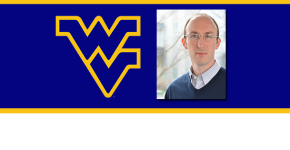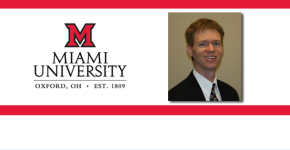Category: Technology
-
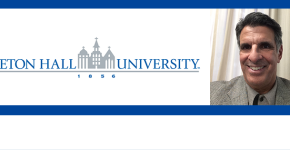
Peter Polos, Seton Hall University – Teen Smartphone Use At Night
Do you check Twitter in bed when you should be sleeping? Peter Polos, Clinical Associate Professor in the department of Neuroscience at Seton Hall University, explores how using a smartphone in bed can lead to harmful effects during the daytime. Dr. Peter Polos, MD, PhD, FCCP, FAASM, is a graduate of Louisiana State University School…
-
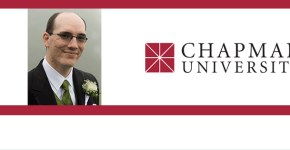
Justin Dressel, Chapman University – Grainy Digital Photographs
Why are your digital pictures so grainy? Justin Dressel, Assistant Professor of Physics at Chapman University, explains how quantum physics has a lot to do with what shows up on your screen. Dr. Dressel researches the foundations of quantum physics, which is a natural intersection point between physics, mathematics, and computer science. His recent research…
-
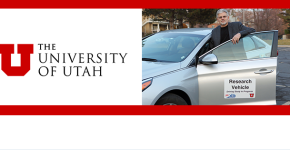
Dave Strayer, University of Utah – Driver Distraction
Keep your eyes on the road! David Strayer, professor of psychology at the University of Utah, explores the rise of infotainment systems in our cars and their potential consequences on our driving. My work examines how attention functions within multiple research domains, from assessing the limits of human multitasking ability while performing complex tasks such…
-
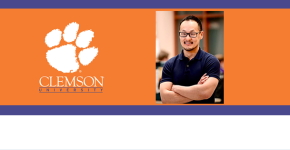
Richard Pak, Clemson – Technological Trust
Can you put too much trust in technology? Richard Pak, a psychologist at Clemson University, is looking into when relying on computers has unintended consequences. Richard Pak is human factors psychologist at Clemson University. His research examines the relationship between humans and automated technologies such as medical devices, fitness trackers, and in the future self-driving cars.…
-
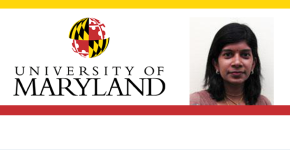
Mega Subramaniam, UMaryland – HackHealth
Digital literacy is vitally important in today’s world of technology. Mega Subramaniam, a professor at the University of Maryland, is pioneering new mythologies aimed at increasing digital literacy. Mega Subramaniam is currently an Associate Professor at the iSchool – College of Information Studies at the University of Maryland, College Park, MD. She is the Associate Director…
-
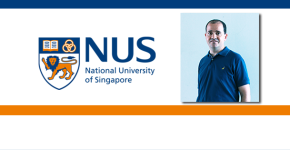
Valerio Scarani, National University of Singapore – Quantum Randomness
Quantum physics deals with some fascinatingly abstract concepts. Valerio Scarani, Professor in the Department of Physics and Principal Investigator at the Centre for Quantum Technologies, National University of Singapore, delves into his complex research. Dr Valerio Scarani is an expert in theoretical quantum physics, doing research that spans from abstract topics in quantum correlations to assessment…
-
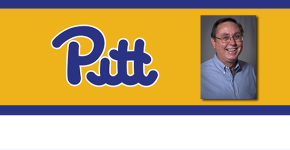
Michael Spring, PITT – Standardization
You might not realize the exceptionally vital role standardization plays in our daily lives. Michael Spring, a professor at the University of Pittsburgh, discusses the importance of standardization. Michael Spring is an Associate Professor in the School of Information Sciences at the University of Pittsburgh. His research involves the application of technology to the workplace…
-
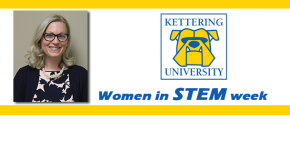
Gillian Ryan, Kettering University – Electric Blanket Tech
Engineering innovations are going to keep babies warm – thus saving their young lives. Dr. Gillian Ryan, a Kettering University assistant professor of physics, is developing technology improvements for a startup that makes non-electric incubating blankets to help fight infant mortality in the developing world/areas without access to electricity Gillian Ryan is an assistant professor…

